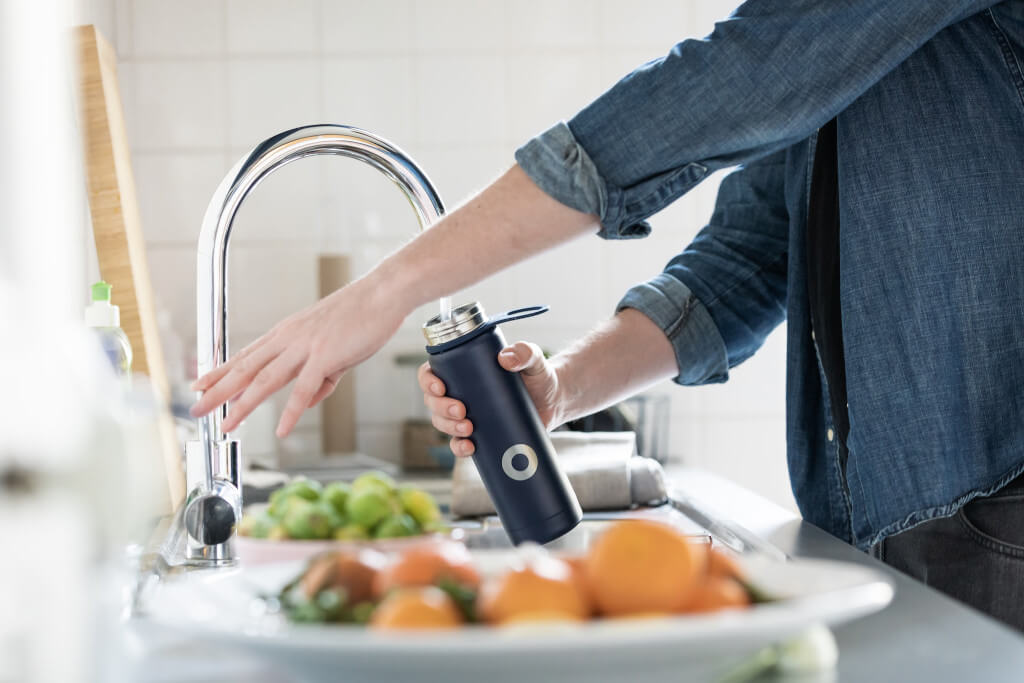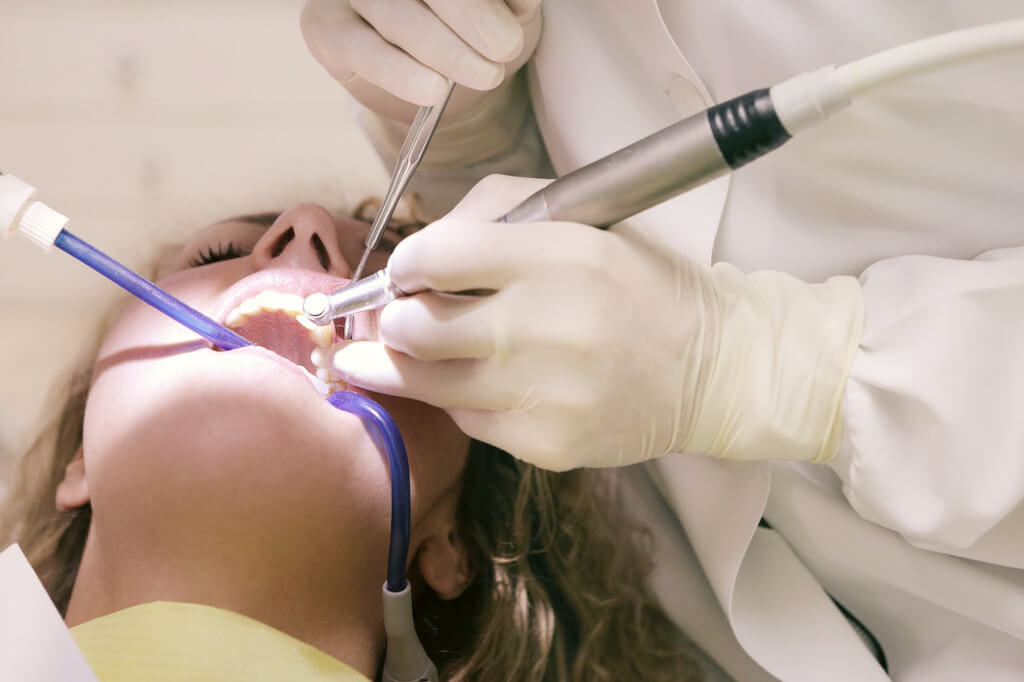Premature skin aging due to sun exposure is a prevalent problem. It can cause aging, discolouration, and even cancer of the skin. As luck would have it, there are several measures you may take to safeguard your skin from the sun’s rays. Some of the most effective measures against sunburn are listed here.
Limiting your time in the sun is an effective strategy for preventing sun damage. Stay in the shade or protect your eyes with a hat and sunglasses whenever possible. You should also shield yourself from the sun by dressing in layers and donning long-sleeved shirts and trousers. Sunscreen is another method for preventing UV damage to the skin. Wear sunscreen with an SPF of at least 30 when you go outside, and reapply it every two hours. Make sure you don’t have any bare flesh showing.
Finally, a good diet and enough water can aid in preventing solar damage to the skin. Antioxidant-rich meals, like fruits and vegetables, can help shield skin cells from the sun’s radiation. Maintaining a strong and resilient skin barrier is another benefit of drinking plenty of water.
Apply Lots Of Sunscreens
We should all take precautions to prevent sun damage to our skin, which is well known to be harmful. The most effective method is to always apply sunscreen before going outside. To protect your skin from the sun, apply sunscreen liberally and reapply it every two hours. When venturing outside, it’s a good idea to wear protective gear like a hat, long sleeves, and sunglasses.
Wearing these garments can reduce the risk of skin cancer caused by the sun. You should also avoid being out in the sun between midday and early afternoon when its intensity is at its highest. At these times, it’s smart to be indoors or in a shaded area. Finally, tanning beds can also be harmful to your skin, so try to stay away from them. You can prevent sun damage to your skin by following these guidelines. While sunscreen is the most effective method of preventing sunburn, there are other measures you may take to safeguard your skin.
Use Sport Sunglasses
To keep your skin in good condition, you should take precautions against sun damage. The skin can be shielded from the sun’s UV radiation in several ways. Wearing sports eyewear is crucial for skin protection. Sunglasses intended for sports not only shield your eyes from the sun’s rays but your entire face and neck as well.
These sunglasses have UV protection to save your eyes from the sun’s potentially dangerous rays. Sunscreen is another measure you may take to shield your skin from the sun’s harmful rays. Protect your skin from the sun by using sunscreen, which helps to block both UVA and UVB radiation. Even on cloudy days, you should reapply sunscreen every two to three hours. To further protect your skin from the sun, wear long-sleeved clothes and a hat with a wide brim. The greatest strategy to avoid skin cancer is to always wear protective clothing and cover yourself when you go outside. Using sunscreen and investing in a good pair of sports sunglasses can do a lot to keep your skin safe from the sun.
Cover Up On Hot Days
If you don’t protect your skin properly from the sun, it can suffer permanent harm. Covering up when you’re outside is a great strategy to avoid becoming sunburned. It’s crucial to dress in a way that prevents as much skin exposure as possible. Tightly knit materials provide the best shielding from the sun’s rays, so wear those instead. You should also wear a brimmed hat and sunglasses to shield your eyes and face from the sun.
You should use sunscreen with an SPF of at least 30 on any exposed skin if you can’t cover up entirely. Sunscreen should be reapplied every two hours and immediately after swimming or with heavy perspiration. You should stay inside between 10 and 4 in the afternoon when the sun’s rays are at their strongest. By taking these easy precautions, you can protect your health and your skin from sun damage.
Find Shade
One of the most negative and long-lasting consequences on our skin is sun damage. There are several easy things you can do to protect your skin from the sun and lower your risk of skin cancer. Applying sunscreen before going outside is a must. Select a sunscreen with an SPF of 30 or greater and apply it liberally, and then reapply it every two hours.
In addition, you should seek shade between the hours of 10 a.m. and 4 p.m., when the sun is at its strongest. Protect yourself from the elements by donning a wide-brimmed hat and loose, breathable clothing whenever you venture outside. Last but not least, several drugs can increase UV damage risk by causing photosensitivity. Protecting your skin from the sun in this way can help lower your risk of skin cancer.
Avoid Tanning Indoors
Premature aging and skin cancer are only two of the many negative outcomes of prolonged sun exposure. As a result, you should do anything you can to shield your skin from the sun’s harmful rays. Avoiding indoor tanning beds is one of the most effective methods. The UV rays emitted by indoor tanning beds are significantly more damaging to the skin than those emitted by the sun. Sunscreen is another must-have item for any outdoor excursion. Apply liberally and reapply every two hours, or after swimming or sweating heavily, sunscreen with an SPF of 30 or higher.
Avoid being outside between the hours of 10 a.m. and 4 p.m., when the sun is at its strongest. Long-sleeved clothes, caps, and sunglasses are all good ways to shield your skin from the sun. Last but not least, stay away from self-tanners like lotions and sprays, as they frequently include toxins that exacerbate skin damage. Protect your skin from the sun by staying out of tanning beds, applying sunscreen liberally, staying in the shade as much as possible, donning protective clothes, and staying away from tanning creams.
Look for Alternative Vitamin D Supply
One of the best strategies to prevent sun damage to the skin is to find alternative sources of Vitamin D. Vitamin D is crucial for skin health, but too much sun exposure can be harmful. Oily fish like salmon and tuna are a great way to receive your daily dose of Vitamin D without exposing your skin to the sun. Taking a vitamin D pill every day is another option.
Fortified foods, such as milk and orange juice, and some mushrooms are also good sources of vitamin D. Avoiding the sun isn’t necessary if you take precautions against sunburn, such as wearing a wide-brimmed hat and long-sleeved shirt whenever you go outside. Also, before going outside, put on sunscreen with an SPF of at least 30. Protect your skin from UV damage by getting your Vitamin D from other sources.
Reflect with Caution
Skin cancer is just one of several effects of sun damage. Premature aging symptoms such as wrinkles, fine lines, and age spots may result. Furthermore, it has been linked to an increased risk of skin cancer. Knowing the dangers of too much sun exposure and using appropriate precautions can help keep your skin healthy.
Sunscreen with an SPF of 30 or greater should be worn and should be reapplied every two hours. Wear protective gear like long sleeves, a hat with a wide brim, and sunglasses. Stay inside or in the shade during the hottest parts of the day.
Additionally, reflective thinking requires caution. Sunlight reflected from water, sand, or other surfaces can be much more damaging to the skin than direct sunlight. Finally, keep away from artificial sources of UV radiation like tanning beds. These tools have the potential to be as harmful to the skin as direct sunlight. You can protect your skin from UV damage and lower your risk of skin cancer by following these steps.
Pay Attention to the Daily UV Index
Sunscreen is a must during the warmer months to prevent skin damage. One approach is to pay attention to the UV index each day. The UV index predicts how much ultraviolet radiation will reach Earth’s surface during daylight hours. Check the UV index before heading outside so you can protect your skin from harmful rays. Sunscreen with an SPF of at least 30 should be worn, along with a wide-brimmed hat and sunglasses if the UV index is high. Keep your skin covered and out of the sun by staying indoors or wearing protective clothes. Taking these measures will help prevent skin damage and cancer caused by the sun. Remember that even brief periods of exposure without protection can cause long-term damage from the sun. Sun protection begins with paying attention to the UV index each day.



